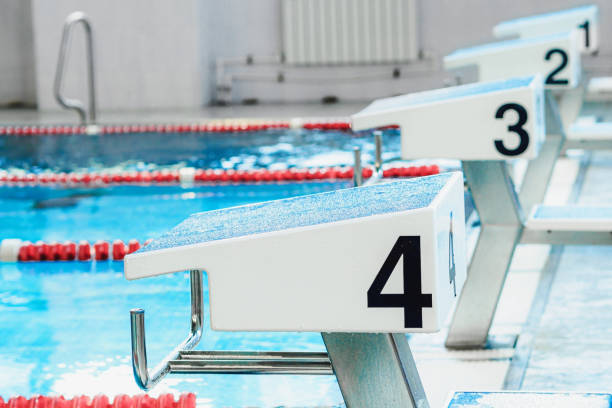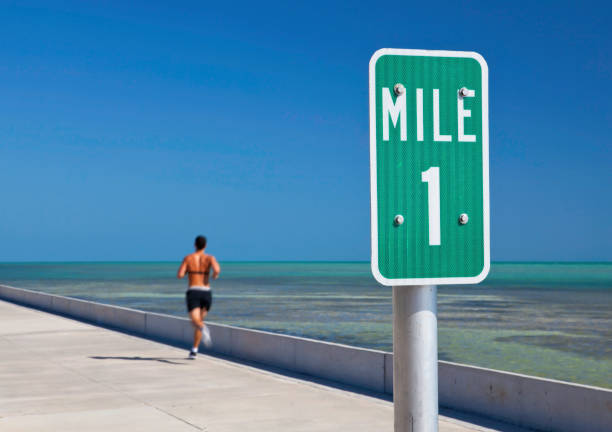People of all ages enjoy swimming. It is fun, and it can help you stay healthy and fit. There are certain issues that can affect you, whether you’re a professional swimmer, an amateur, or just a casual swimmer. The most common question is “Do you sweat while swimming?”
Yes, that’s the short answer. But that’s not all. Your body cools faster when you’re in water, so you don’t know you’re sweating all the time. The same reason why sweat production is decreased is that cooler water cools the skin’s surface and wicks away any excess sweat.
The body’s natural way to cool down after intense activity or hot weather is through sweating. It regulates your body’s temperature and prevents you from overheating. Although swimming can be very strenuous, your body’s basic biological functions are the same regardless of whether you are in water or on land. Even though you might not realize it, swimming can be strenuous. However, you will sweat if your stroke is hard.
Swimming can make you feel a bit breathless, especially if your competition is at any level. Your breathing is becoming faster indicates that you may be sweating.
Does swimming cause sweat?
Again, yes. The Australian Institute of Sport conducted a detailed study of the Australian Swimming Team in 1995. It was conducted in Atlanta. The results showed that swimmers lose an average of 125 ml per kilometre. The study also revealed that women sweat more than men and that swimmers sweat more when they train at anaerobic threshold. This means that you will sweat more if you swim harder.
How can you tell if you’re swimming when you’re not?
You will sweat from any type of intense exercise. Swimming in heated pools indoors or outdoors when it is extremely hot will make you sweat more. Many people have taken a hot bath or a shower at one point or another. You notice that your skin is turning red, and you begin to sweat by the time you get out of the hot water into the hot bathroom. It is only when you step out of the water into the air that your sweat becomes visible. Swimming pools aren’t heated to the same temperature as a hot tub.
Swimming is a more sweaty sport than other activities. Because water at a lower temperature than 37.5 C is more effective in keeping the body cool and moist. Because sweating isn’t visible if you’re already wet, it won’t be immediately obvious. You may feel winded and puffy, but you might still believe that you haven’t lost any sweat. You probably did. It is important to rehydrate. Professional swimmers keep a water bottle close by the pool to replenish their water levels after races. If you swim in cold pools during winter, you might sweat less so you may only need to drink water when you feel thirsty.
The question that everyone is asking…
Are we swimming in pools of sweat? It’s obvious that swimming causes sweating, just like any strenuous exercise. Now it is fair to wonder where the sweat goes. Let’s take a look at the Australian swimming team that participated in the Atlanta 1994 study. It was found that swimmers who train at the same level as others lose approximately 125 ml per kilometre. This is based on extensive testing and data collection. It sounds like a lot, but it’s not. A kilometre is 1000m long, but a 50-meter swimming pool is only 50m in length. It’s only a teaspoon of sweat to swim for just one length. Everyone will not sweat at the same rate and everyone in the pool won’t be swimming as fast. You can also ask yourself when you were last in a pool with more than 6 swimmers. The pools’ high-tech disinfection system and filtering system make it clear that sweat is not lurking in swimming pool pools.
We hope you have found the answers to your questions regarding swimming and sweating. Swimming is a great way to stay fit. It tones and lengthens your muscles, improves heart function, and boosts core strength. It seems like a small price for something that everyone can enjoy and offers so many amazing benefits. Even if you are a professional swimmer, it is unlikely that a little sweat will be noticeable.





